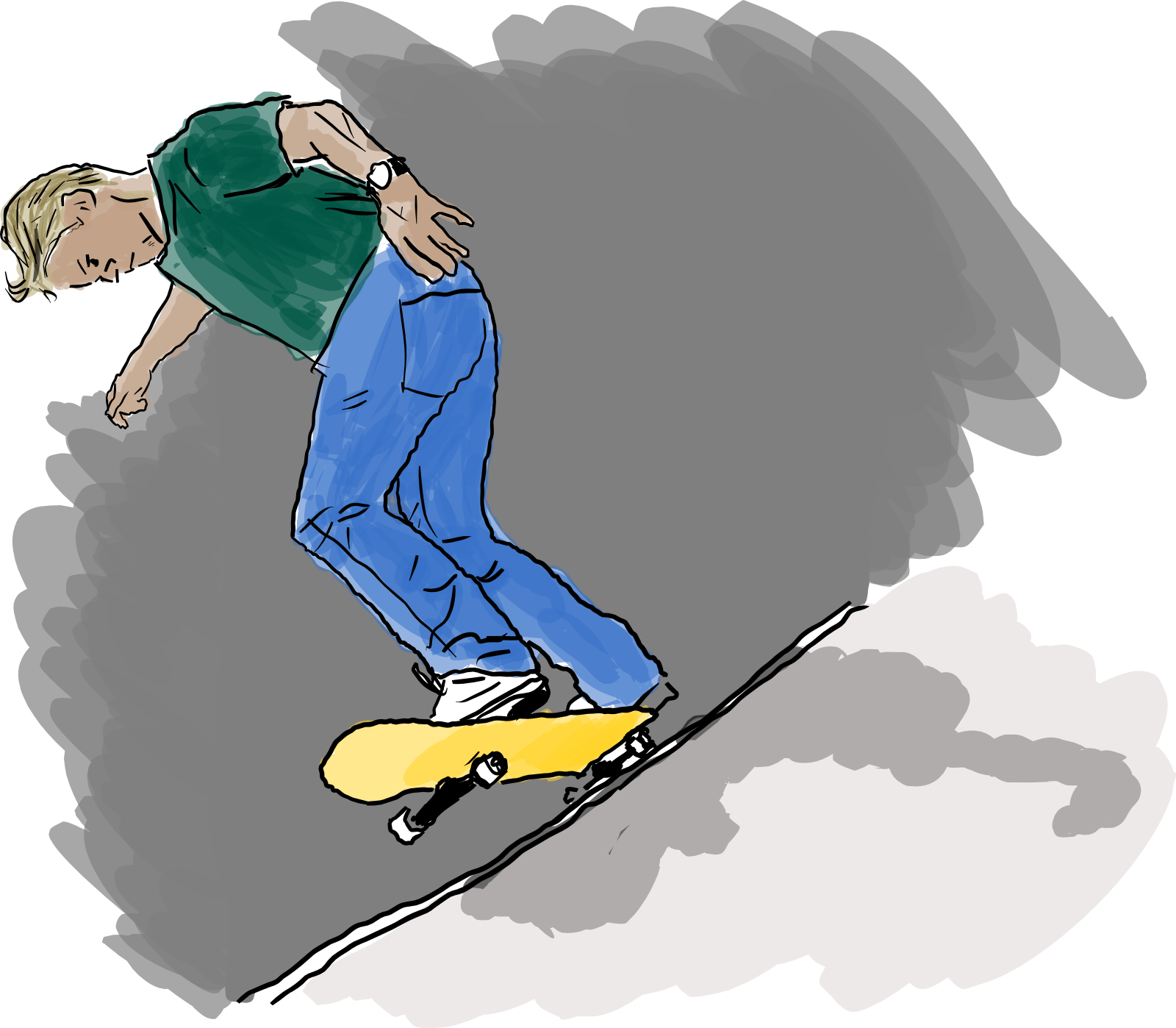-
Motivation experiment days 5 & 6
•
As my experiment with drawing daily to see what happened to my motivation continues, so does the struggle thinking of things to draw. But by forcing myself, some ideas do start to come.
-
Motivation experiment days 3 & 4
•
By day four of my motivation experiment a lack of ideas for what to draw begins to feel like it is going to be a constant obstacle. But then things start to change.
-
Motivation experiment day 2
•
The main motivator to do this drawing was having committed myself to doing a drawing each day for this experiment. I had to push myself to keep to my commitment to draw this, and struggled with feeling I didn’t know what to draw. I managed that obstacle by telling myself it didn’t matter if…
-

Motivation and the secrets to getting things done – part 1 – Intrinsic and Extrinsic motivation
•
What makes you get out of bed in the morning? What makes you go to work? What makes you read a book, or sit down to watch tv? Motivation has been on my mind because one of the biggest challenges in providing effective psychological treatment for depression seems to be overcoming motivational barriers that…
-
A Cognitive Behavioural model of Obsessive Compulsive Disorder
•
The cycle of OCD begins with intrusive thoughts (obsessions). These trigger distress and attempts are made to manage distress and perceived threat by performing certain rituals known as compulsions. This provides only short-term relief.
-
At What Cost?
•
There is a cost to having more of something. That cost is having less of something else. Unfortunately we often don’t even admit to ourselves that there is a cost and consequently don’t understand why our own behaviour seems to be inconsintent with our own values, and we don’t know how to fix the…
-
The Antidote
•
Trying to achieve perfection would be a good thing if the energy it required didn’t so consistently get in the way of actually living a life that mattered to you and the people you love.
-
Compulsions: fast-acting anxiety relief! (With a price…)
•
In the beginning stages of the development of Obsessive Compulsive Disorder compulsions provide fast relief from the anxiety or distress created by intrusive thoughts – uninvited, upsetting thoughts that can pop into our minds unexpectedly. But over the long term, compulsions make the problem worse.
